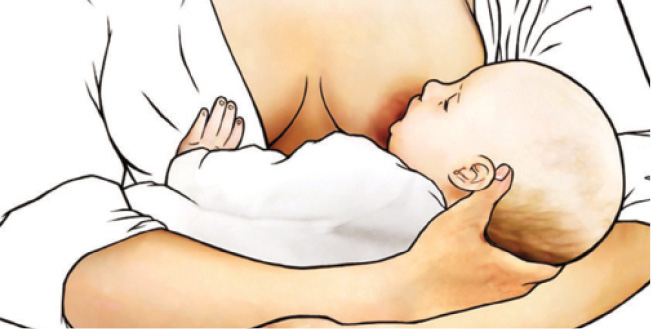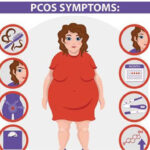Only nine per cent of workplaces in Nigeria have friendly environments for exclusive breastfeeding, the Chairman Senate Committee on Health, Senator Ibrahim Oloriegbe has said.
He stated this Wednesday in Abuja during the commemoration of the 40th anniversary of the international code of marketing of Breast Milk Substitutes (BMS) in the country.
- Oil glut: Why Nigeria must diversify — Nabasu
- NVBF invites 54 players to camp for 2021 Africa Nations Cup
He said, “Health workers can encourage women to start early breastfeeding and exclusive breastfeeding, but then are there supporting environments?
“We need to promote as policy the workplace environment because, after exclusive breastfeeding, there is need for continuous breastfeeding for effective nutrition of our children. “We still need to provide enabling environment for women to nurse their babies when they resume work.”
Oloriegbe said stakeholders also need to work together to implement six-month maternity leave in the country.
“I want us to give a target that within the next six months, we should be able to pass that law. It should be for all employers of labour; both the public and private. There are public sectors like in Kaduna state who currently implement it, but we need to make it across board, particularly in the private sector as it engages more women.”
The Director-General of the National Agency for Food and Drug Administration and Control, (NAFDAC), Prof. Mojisola Adeyeye said the International Code of Marketing of Breast Milk Substitutes (BMS) is an international health policy framework for breastfeeding protection and promotion adopted by the thirty-fourth World Health Assembly (WHA) of the World Health organization in 1981.
She said essentially the code is to protect mothers from the aggressive marketing of breast milk substitutes, and ensure safe feeding and better nutrition for infants and young children.
She said, “It is important to highlight that the code does not say that breast milk substitutes are not legitimate products, however, they should only be used properly when they are necessary and on the basis of adequate information and through appropriate marketing and distribution. They must not be aggressively marketed in order to protect and promote breastfeeding for the ultimate benefit of the infant.”
Prof. Adeyeye warned companies that market breasts milk substitutes not to provide free products, samples or reduced-price foods for infants or young children to families through health workers or health facilities except as supplies distributed through officially sanctioned health programmes.

 Join Daily Trust WhatsApp Community For Quick Access To News and Happenings Around You.
Join Daily Trust WhatsApp Community For Quick Access To News and Happenings Around You.


